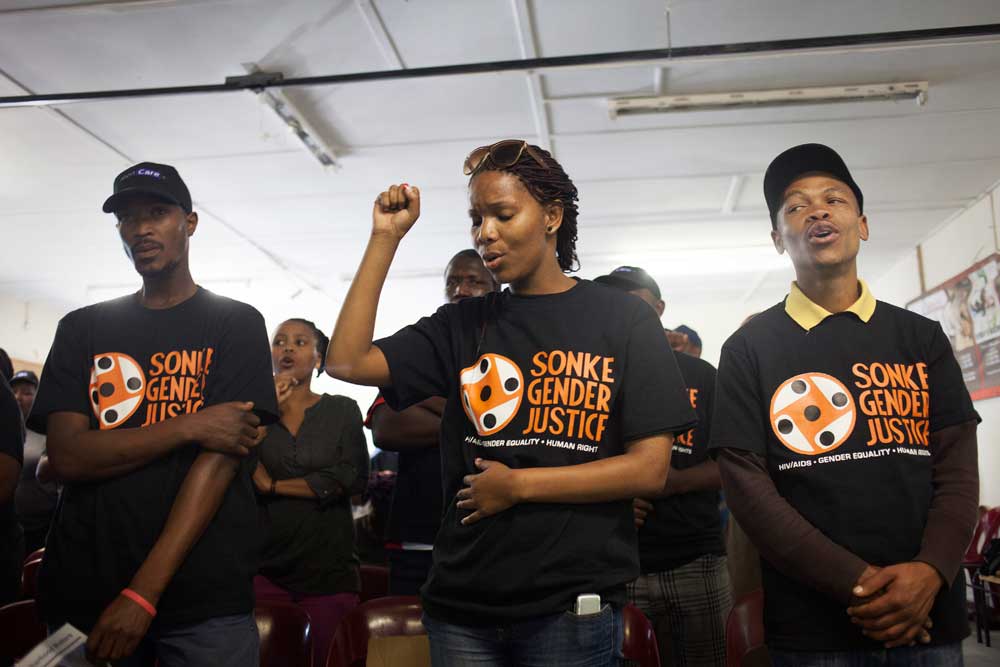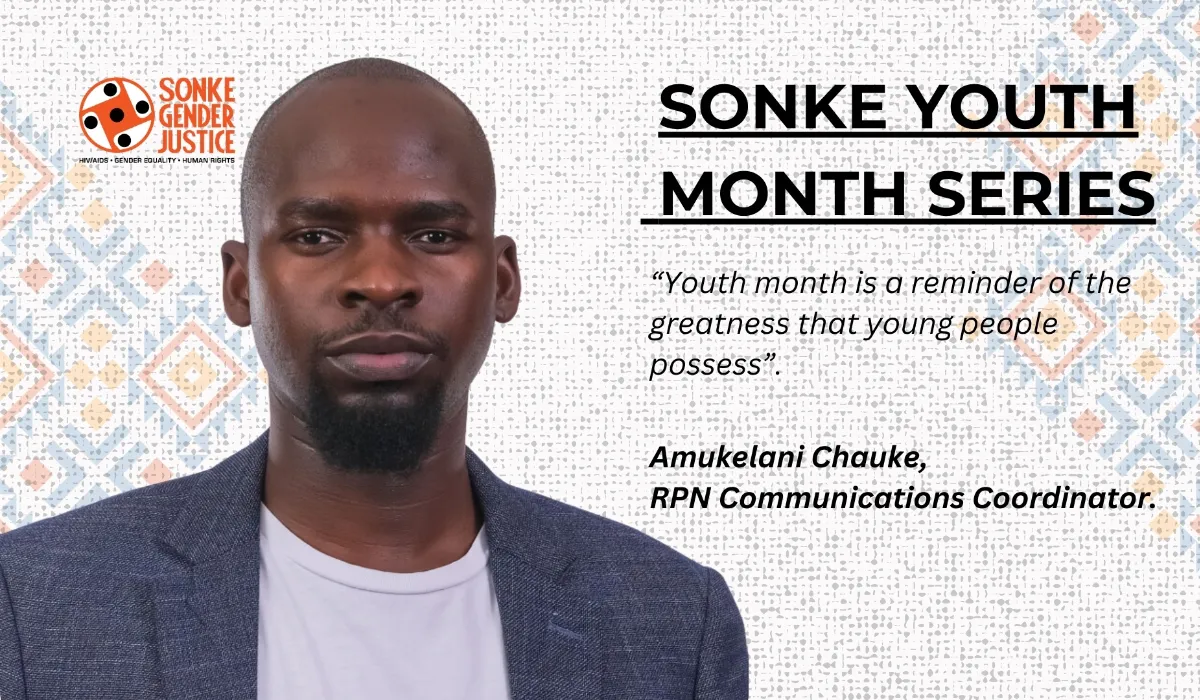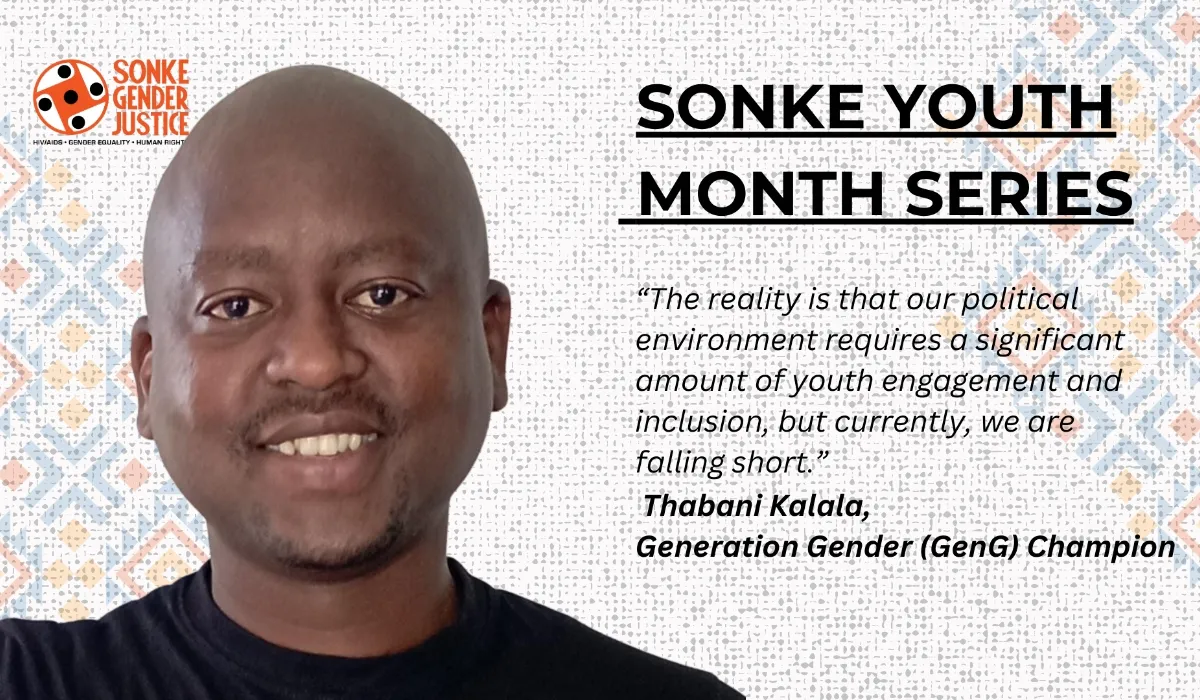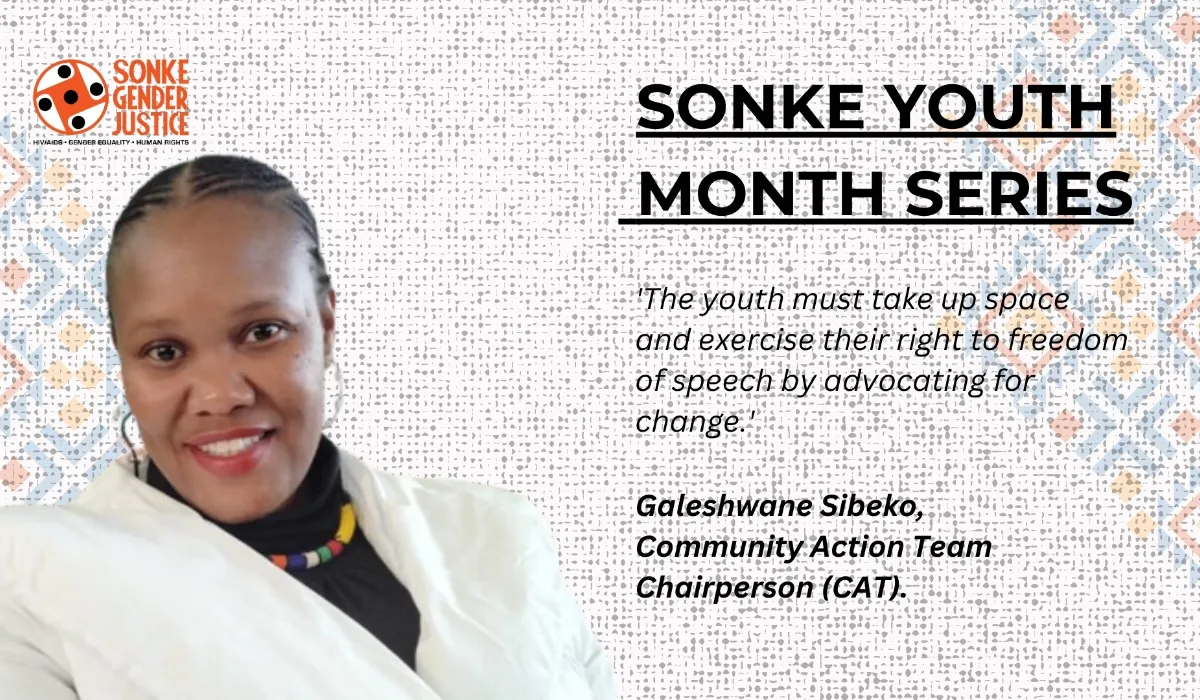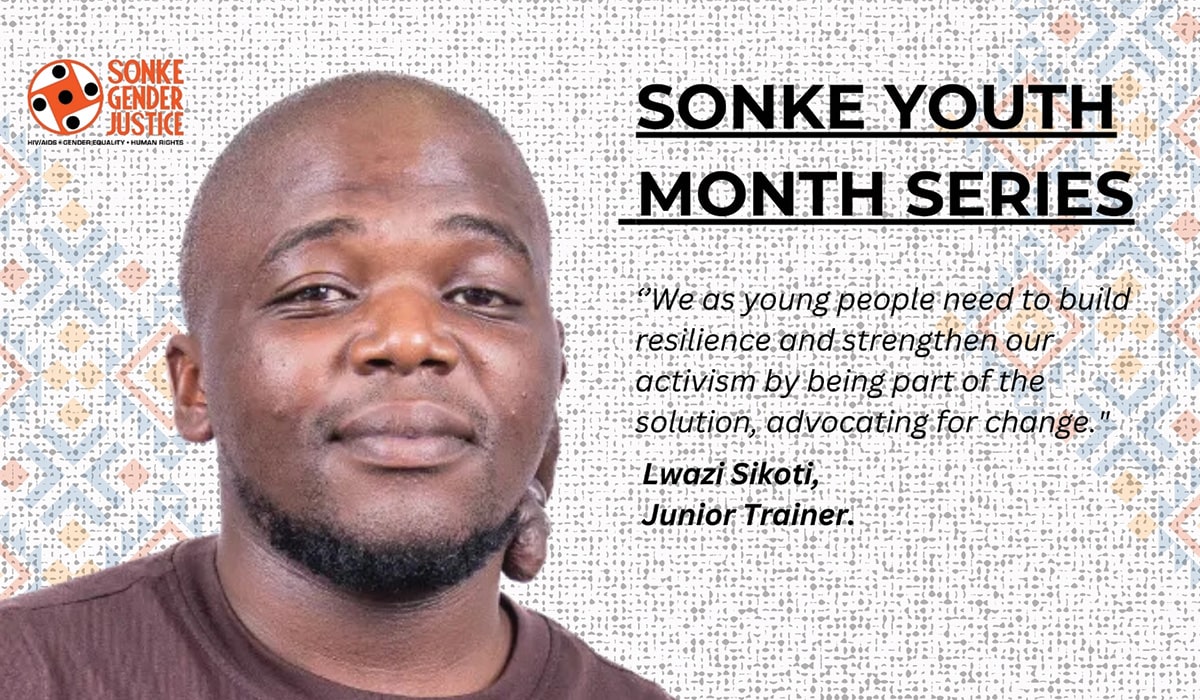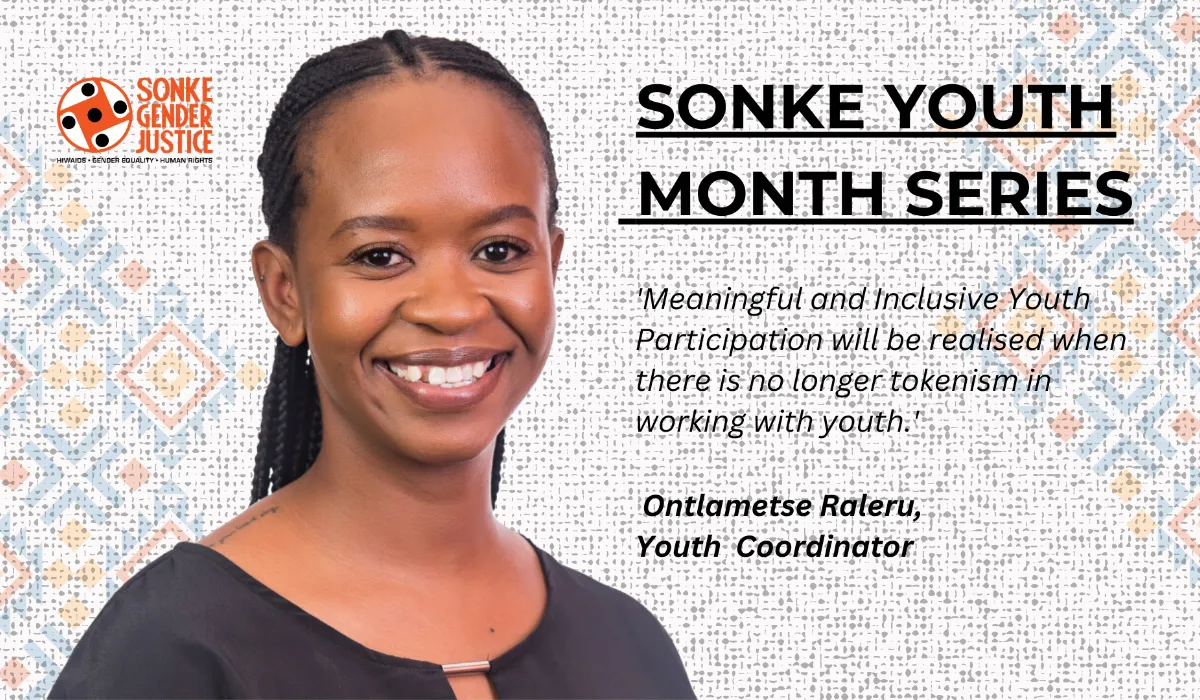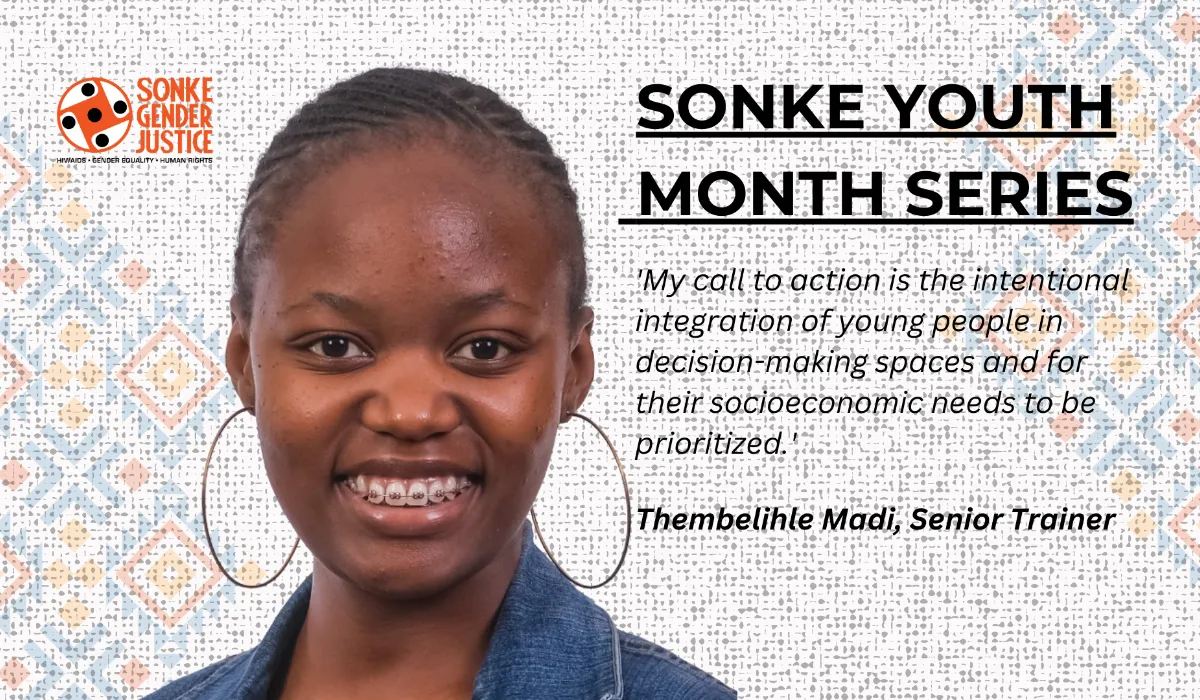One afternoon, in April this year, I had a breakdown at work. I started sobbing in the office during a Skype conversation with my editor. I knew I was in bad shape – I had spent the night before drifting in and out of sleep – nevertheless, the breakdown took me by surprise.
In the movie adaptation of Elizabeth Wurtzel’s memoir, Prozac Nation, there is a scene in which the protagonist says, “Ernest Hemingway had his classic moment in The Sun Also Rises when someone asks Mike Campbell how he went bankrupt. All he can say is ‘gradually, then suddenly.’ That’s how depression hits.” It’s true. Gradually, I felt myself sliding down a black hole, then suddenly I was at the bottom.
How did I get there? I work as a freelance writer and in January this year I started working with Sonke Gender Justice, a Cape Town-based non-profit organisation that seeks to promote gender equality. I was assigned to document some of the work the organisation is doing in communities around South Africa to stem the tide of gender-based violence, and develop positive norms around masculinity and gender. The first few weeks went by smoothly but along the way something happened. For the first time in my life I saw from up-close the human carnage wrought by gender-based violence. Something inside gave way.
In March, one of the stories I was assigned to write involved the rape of a nine-year-old girl named Queen in Delft, a sprawling township approximately 35 kilometres east of Cape Town. She had disappeared just after sunset on the 18th of January when she left her grandmother’s place. She was on her way home, a few streets away, and she wanted to get there before dark. She never made it.
Hours later, she was found by a passerby lying in a desolate open field next to the R300 highway. She had been raped and burnt. The man who attacked her had doused her body in petrol and set it alight before he vanished into the night. She was still alive when help arrived and she managed to name a 27-year-old man who lived in the same neighbourhood as her attacker. When the police took him into custody the following day, he had fresh burn wounds and visible scratch marks on his body. She had fought him with everything she had.
From the start, her chances of survival looked grim, and in the end she didn’t make it. She died on the 18th of March.
The funeral was on a warm summer morning. A white hearse with tinted windows stood on the gravel road leading into the funeral marquee. The girl’s father was so shattered with grief he couldn’t speak, and her distraught classmates sang a funeral hymn full of sadness.
When I spoke to the girl’s father, some weeks later, he looked every bit as crestfallen as he did when I’d last seen him at the funeral – a broken man in a smart suit and black suede shoes. I asked him how he’s doing. “I’m fine,” he said, “I’m fine.” In retrospect, it wasn’t the smartest of questions. I don’t know what I had expected him to say. She was his only child and I can’t imagine what he’s going through.
It’s difficult to explain why, even as a stranger, I was also deeply affected by what happened to this girl. In the weeks after the funeral I poured over the grisly details (some of which I’ve omitted) as I tried writing about what happened to her, but it was too painful. It’s always hard to make sense of children dying, harder still when they are murdered.
I fear that maybe we’ve become desensitised to violence, simply through the sheer magnitude of stories we encounter. Nearly every day there is a ghastly story reported in the news: a woman shot multiple times by her partner, a teenage girl raped and disemboweled, a young man murdered because he is homosexual.
Until I was drawn by circumstance into the death of nine-year-old Queen, I had always read these stories with a mixture of temporary outrage and disinterest. In the long run though, I was always sure to forget. But forgetting is a difficult thing to do when you encounter the families of the bereaved.
I’ve come away from this emotionally wrenching experience a slightly different man. I’m no longer as disconnected about the levels of sexual violence in our society as I used to be, thinking it wasn’t my problem. But if we’re going to turn South Africa into a country were nine-year-old girls can safely find their way back home, maybe we should start by recognising that it is everyone’s problem.

